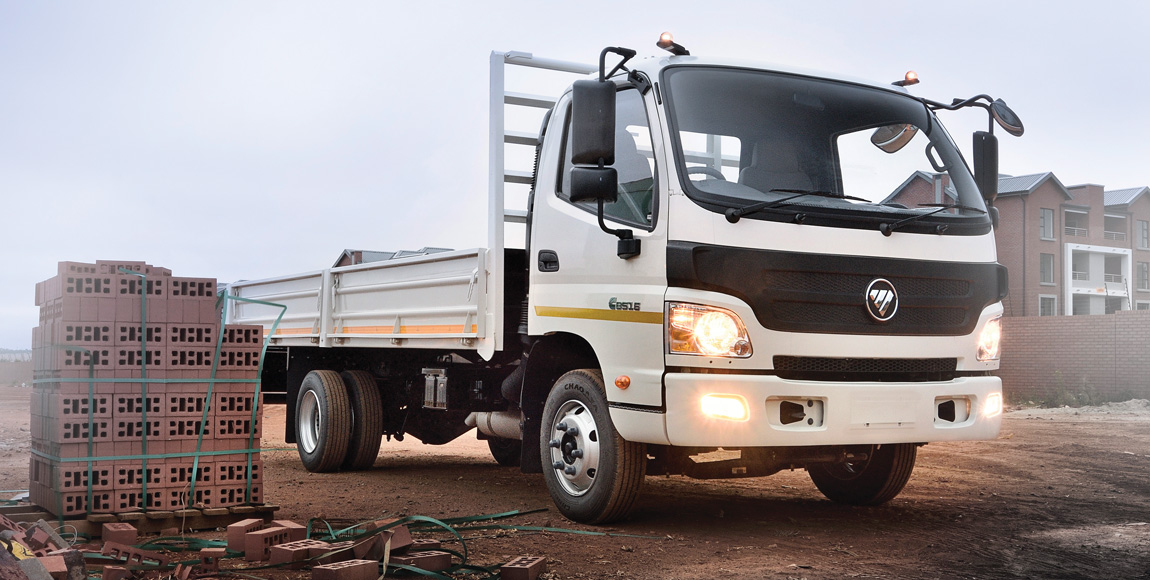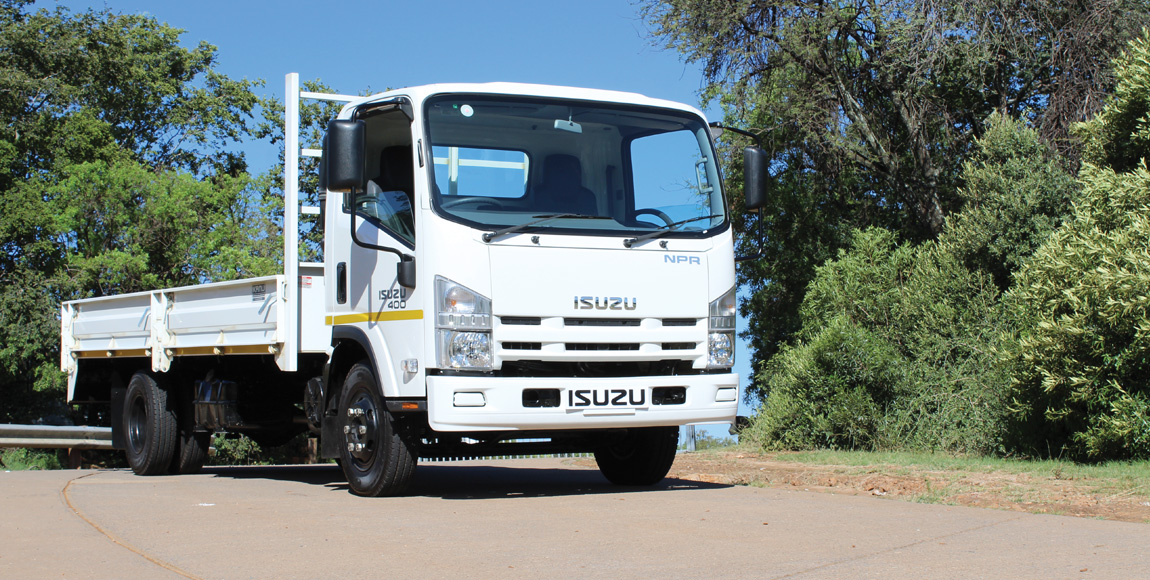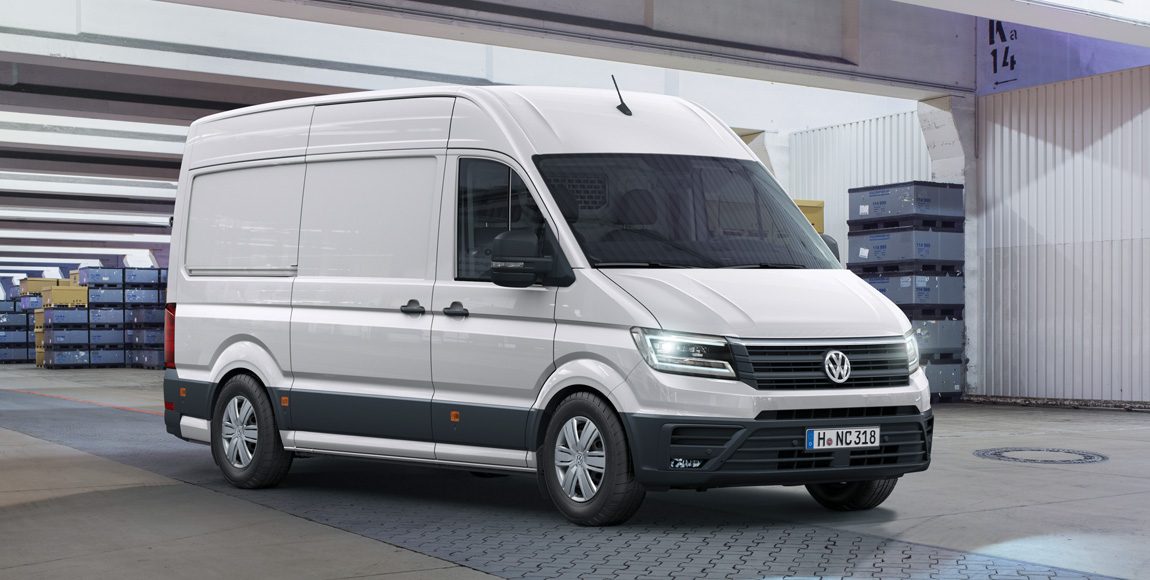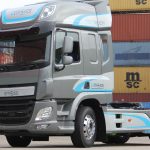Low economic growth impedes sales in MCV market

LIANA SHAW explores the condition of the medium commercial vehicle (MCV) segment and what operators can expect heading towards 2020
Consumer and business confidence remain low, while household and disposable income also remain under pressure, due to rising costs of living and lower domestic and global economic growth forecasts – all of which continue to signal moderation in new vehicle sales, according to The National Association of Automobile Manufacturers of South Africa (Naamsa).
Wade Griffin, commercial vehicles director of Hyundai Automotive South Africa, says that further real and sustained growth of sales in this market will, to a large degree, depend on an increase in economic growth, which, he claims, is on a very low trajectory at the moment.
“Hyundai Automotive South Africa’s commercial vehicle division has gained traction in the MCV segment, especially since the launch of the Mighty EX8 truck last year, with its industry-leading four-year, unlimited-kilometre warranty and very competitive pricing of its parts basket,” says Griffin. “Its gross vehicle mass (GVM) of 7 800 kg also gives the EX8 an impressive load-carrying ability.”
Hyundai Automotive SA sold 19 Mighty EX8 trucks in the MCV segment in March this year, followed by 25 unit sales in April, which was in line with the very welcome general increase in vehicle sales in the country in the same month.
Hyundai plans to launch the double-cab version of the Mighty EX8 truck, which will also be produced at the Hyundai semi-knocked-down (SKD) assembly plant in Apex, Benoni, Gauteng.
In response, Volvo Eicher Commercial Vehicles (VECV) South Africa intends to bring the Eicher Pro 1000 series into the local market, with payloads ranging from 2,5 to six tonnes, to support its customer base.
To further enhance its product offering, VECV in India has just launched a new product range, known as the Pro 2000 series, into its domestic market featuring a completely new chassis and cab with all the latest technology. This series will also be introduced into the South African market as a cost-effective solution.
Mark Diab, sales and marketing, VECV, says: “The MCV segment has remained rather stagnant over the last three years with sales of 8 436 units in 2016, 7 890 units in 2017 and 7 885 units in 2018. Therefore, one of the major drivers going forward will be a highly competitive price positioning.
“We have noted a shift by customers who were traditionally ‘brand loyal’, now trying new product from new manufacturers entering the market at very competitive pricing. Taking into account the current economy, I cannot see this segment exceeding the sales achieved in 2016, but instead see the shift towards customers trying out new players in the market that have product with very competitive pricing and value for money.”
One such player is the Powerstar truck range by Ever Star Industries. Traditionally strong in the heavier market segments, the company has launched the new FT8 eight-tonne chassis cab which, complete with components from the likes of Cummins and ZF, is being dubbed as the Africa-friendly vehicle due to its ability to deliver a cradle-to-grave service vehicle offering at a competitive price.
Says Rodney Selesnick, senior head of sales at Powerstar: “The MCV segment remains flat with the economy not showing much growth. With this in mind, the Powerstar strategy is to team up with reliable component manufacturers while keeping technology at base level for the African continent. Our business model embraces the whole lifecycle cost of the vehicle, including servicing and uptime, with the ultimate focus on a palatable purchase price.
“A second lifecycle is essential in Africa in terms of resale value,” he explains, “and this has led us to come up with viable economic solutions for local operators.”

Mark Handley, head of sales and marketing, Volkswagen (VW) Commercial Vehicles, VW South Africa, comments that the market sector has also been affected by the trend in passenger transport models moving from MCVs to light commercial vehicles (LCVs) over the last few years.
“There was a decline from 2016 to 2017, mainly affected by the VW Crafter run out and more significantly, by the Toyota Dyna, which exited the market in 2017. Overall, in 2018, the MCV market remained flat compared to 2017.
“Looking forward, in 2019 the market is expected to grow. As at March 2019, we have already seen the MCV segment at a level of 13-percent higher than the same period in 2018. This is mainly driven by the new Crafter. The same is expected for 2020 where we are expecting some continued growth in the MCV market. Mercedes-Benz will enjoy a full year of sales with its new Sprinter and we will further aim to grow the new Crafter in this segment,” says Handley.
The recognised market leader, Isuzu Motors South Africa (IMSAf), closed off 2018 with a strong commercial vehicle performance of just under 3 900 units sold – making it the number one selling truck brand by volume, excluding vans and buses. It has continued to occupy the number one position in the medium- and heavy-duty truck segments of the South African market for the past six years in a row. The company’s market share is estimated at 16,3 percent.
Craig Uren, executive officer: sales, service and marketing at IMSAf, says: “Our success has been based on our use of Isuzu’s inherent niche strengths and being the most flexible vehicle company focused on providing solutions for our customers’ unique requirements, which can include transporting materials, operating mobile clinics or libraries, carrying loads to construction sites, driving off-road and through extreme terrain. We offer innovative applications and solutions to meet their needs with vehicles that are built and engineered for local conditions.
“In the short to medium term, our focus is on ensuring the sustainability of our operations, successfully launching future products, implementing measures to increase our market share, further strengthening our product portfolio and growing our exports into sub-Saharan Africa markets.”

Short-term forecasts
In the short to medium term it would seem that OEMs remain conscious of the price-sensitive nature of the market, and are strategising accordingly.
Diab claims: “In my view, manufacturers will strive to improve their product offering, while at the same time try to reduce their costs. Operators can therefore expect to have the benefit of having a range of products from which to choose, at very competitive prices.
“We can expect the main differentiator among all the manufacturers to be their dealer network coverage, the quality and reliability of their product, and backing by way of excellent aftermarket support,” he says.
Handley concludes: “We are seeing a lot more resilience in the commercial vehicle market in general, compared to the passenger vehicle market, and are therefore forecasting marginal growth for
2019. The activity in the market is a positive signal for the country; meaning that corporate South Africa is still acquiring commercial vehicle assets with which to grow their businesses.”
Published by
Focus on Transport
focusmagsa




